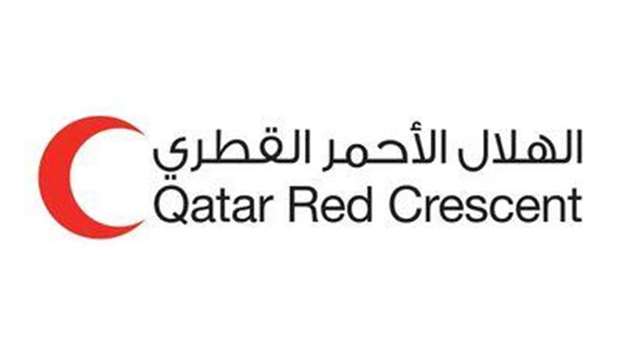Qatar Red Crescent Society (QRCS) praised the decision of the UN General Assembly to adopt establishing September 9 as International Day to Protect Education From Attack, after it was proposed by Her Highness Sheikha Moza bint Nasser, Chairperson of Education above All (EAA) and UN Sustainable Development Goals Advocate.
“The QRCS appreciates this historic achievement, which is a fruit of the great efforts of Qatar and particularly Her Highness Sheikha Moza bint Nasser, will grant the protection of the right of education in armed conflict areas, to ensure the follow-up and provide the officials with the technical support in order to hunt down those who attack schools,” according to a statement.
The QRCS confirmed that this achievement is in keeping with its high principles, which will enhance the protection of the right to education, provide an environment to help, especially schools in remote and poor areas and also educational institutions in conflict and disaster areas. This can also enable children to exercise their legitimate right to receive education without fear, and make them active and good members in their
communities.
The QRCS said this measure will enhance the principles, values and trust in the same generations through education and enlightening their minds, thereby contributing to the cultures, allowing them to secure their future and that of the society as well.
The efforts of QRCS are aimed at supporting and providing education across the world, particularly in armed conflict areas. The QRCS affirms that this declaration is an endorsement of the right of children and young people to receive what enlightens their minds and empower them to build their communities, and which also serve the interests of the international community.
“This is what the QRCS seeks through its relief programmes across the world. As a humanitarian charity, QRCS supports many projects that provide access to education and create a good environment for people in unsafe areas to have access to their legitimate right to education,” the statement said.
In Afghanistan, the QRCS has established temporary schools in support of the education sector in remote areas, with a plan to attract females to school education. The QRCS also has worked on the maintenance and rehabilitation of old schools and covered more geographical area in order to reach other remote provinces and areas as needed.
In Syria, the QRCS supports the education of university students who are unable to pay their fees, as it is also doing at The University of Bashakehir in Turkey.
The QRCS also focuses its efforts on school dropouts, whether for security reason or other reasons related to extreme poverty, by providing them with an appropriate and stimulating environment, and helping education staff to reintegrate them to complete their education.
In Nepal, the QRCS has built three primary schools in the Kaval Westu, Gorkha District, and has provided several humanitarian assistance to some schools by providing transportation for students.
The QRCS has strengthened its financial support for Nepal’s education sector by helping special needs people, as they are an important part of the society and have the right to participate in their country’s development.
The QRCS and EAA combine common objectives to achieve equal educational opportunities for all people, particularly in remote and afflicted areas across the world.
The QRCS seeks to strengthen its relationship with EAA and enhance their partnership opportunities in supporting education, and the right of marginalised and poor people to study, the statement added.

QRCS
